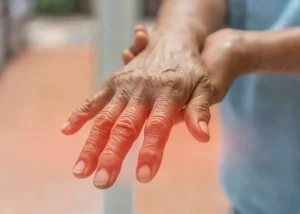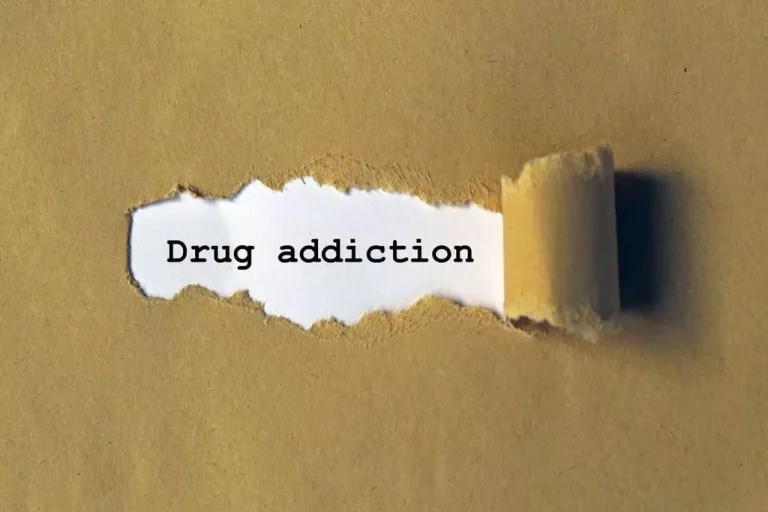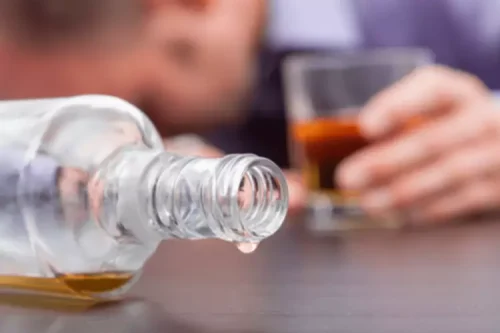
Alcoholism, medically known as Alcohol Use Disorder, involves a pattern of alcohol misuse that leads to significant distress, causing problems in relationships and daily activities. This affliction doesn’t discriminate—it can strike any marriage, irrespective of socio-economic status, love, or the strength of the initial bond. Getting sober after years or decades of alcoholism was like promising not to pour gasoline on the charred remains of our house after I burned it to the ground. After I crushed my spouse’s soul, I asked for loving support in exchange for promising to not crush it again. Drinking alcoholically means a backlog of real-life, adult problems build up. Arguing with your spouse, getting shit-faced, and venting to your friends, then waking up the next day pretending it didn’t happen is no longer an option.

Creating a Healthy Routine
Like none of that should happen. Shockingly, when I stopped drinking. You know, I also remember you were not at a wedding, one of my good friends’ weddings down in Santa Barbara, one year and I went with a bunch of girlfriends. And you know, one of mine was a big drinking friend.
Build Healthy Relationships
I am honestly very cool around alcohol now, you know, and have been for a long time. Because boundaries are healthy. I feel like I didn’t change your life that much. Yeah, and, you know, I it’s a it has its limits, right. But the way I kind of generally chose to think about it from the beginning really was like a newly discovered allergy. You know, we shouldn’t take into account the kind of addictive substance part right.
Create a Sober Shared Space
- I’d have to chug half a bottle of hard cider and chain smoke 2 or 3 cigarettes before I could feel like a person again.
- I don’t know, whatever it is grief, right, that you know that you’re not partying?
- Addiction can have a devastating impact on intimate relationships.
- Or remember a time when we didn’t have the responsibilities of kind of adulting and being parents.
Try not to enable their substance use behaviors, but also try to release expectations of perfection.
Start the Journey to Healing and Recovery
You can find a local or virtual support group, and access additional resources, on their website. It’s beneficial for you to learn about substance use disorder, including how it affects both your partner as well as yourself. This may help you to understand SUD and how addiction works, which can help you separate your partner and the disease.
- For the non-alcoholic spouse, self-care and support are just as vital.
- And so it’s easy, I think, to kind of confuse what changes in your relationship or your stops drinking with mourning the fact you’re not 25 anymore.
- It is important for couples to acknowledge and celebrate each milestone along the way.
- I think the next night several It was like, Oh, we could have a bottle of red.
- It is a persistent pattern of alcohol consumption that causes distress or significant impairment, often disrupting family life, including marital relationships.

Just like it does anybody else. And so I don’t know, just to say like, try and separate how much you’re bummed about the fact that you’re not the people you were when you first met and fell in love or marriage changes after sobriety whatever. From this very kind of just personal. And I think a lot of things in the beginning, you need way more than you do later. You know, like, even just those first three months were really hard.

This can be disruptive, even if the change made was positive. But for most couples experiencing substance use, life after sobriety isn’t so smooth. This is because of the way long-term substance use has affected both partners as well as the relationship itself. In addictions counseling I frequently hear outrage that, “My partner still doesn’t trust me! ” I ask how long they were active in addiction?
He had never taken medication before. The antidepressant played havoc on his mind and body. He often expressed how he felt foggy and resented how it impacted our physical intimacy. The combination of these effects shattered his self-esteem. For almost a year and a half, we experienced a new kind of rollercoaster until he found the proper medication and acceptance of its place as part of his treatment. Once he felt comfortable again, his smile and warmth returned along with a new playfulness.

Interview with Chantal Jauvin, author “Love Without Martinis.”
Realizing that your compatibility with someone was largely predicated on drinking together can be a gut punch. My husband and I had to get to know each other all over again. My drinking self was down for a good party and talking shit on someone’s patio.

Like, not as much fun to sacrifice as you might think, for the people around you. Tulip Hill Recovery offers unique treatment solutions for addiction and mental health disorders in an intimate, family-run facility. Reach out today to begin your recovery journey. Each partner should receive individual treatment before starting crucial couples counseling https://ecosoberhouse.com/ to decrease the risk of relapse for both partners. Maintaining sobriety as a couple requires true partnership to achieve a balance between recovery and relationship. Finding unity in both recoveries, along with fostering friendship within the marriage can help create an even deeper bond for many couples struggling through addiction together.